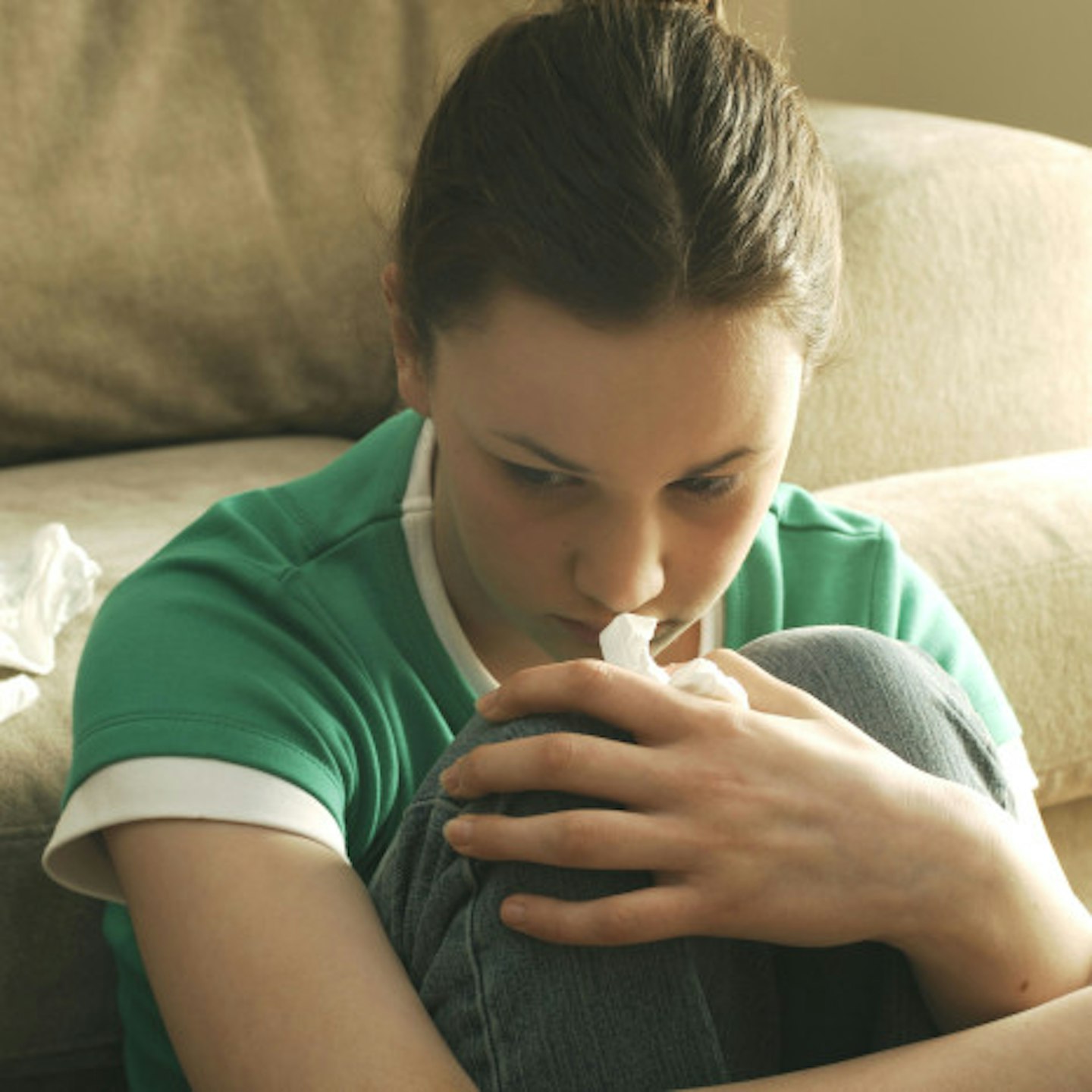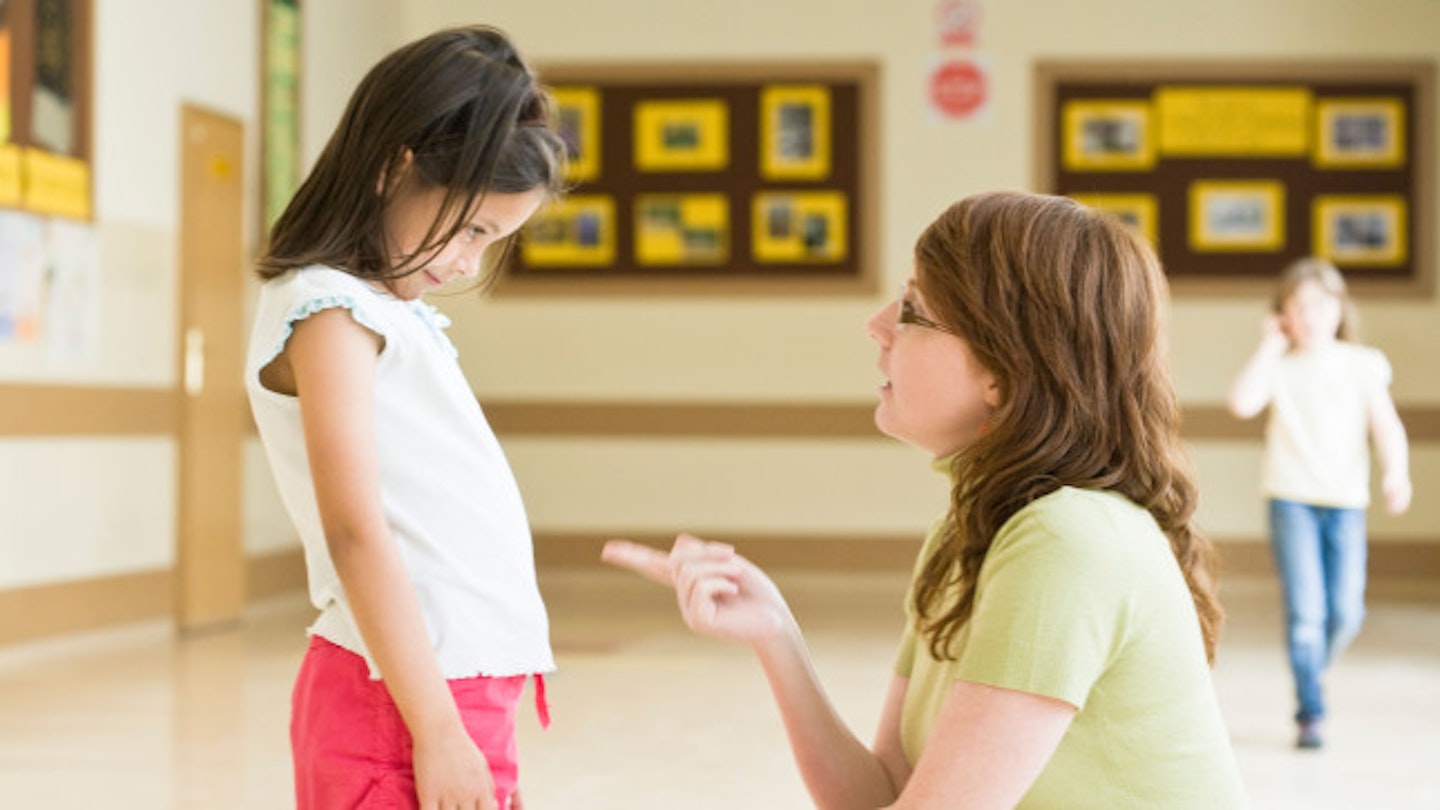There is one word which many parents use around their children, child experts have warned, that could be psychologically damaging.
And it is one you may not expect.
Naughty.
Valerie Jackson, who writes about Early-Years Development, writes: "By use of this magic word naughty we can bewilder a child and leave them guessing about what it was that they did which caused us to behave in such a violent, hurtful or frightening manner.
"Some adults demonstrate their displeasure by becoming more angry and child-like than the child they are supposed to be disciplining.
READ: HEALTH OFFICIALS WARN NEW MOTHERS NOT TO SLEEP WITH THEIR NEWBORN INFANTS
"'You make me very angry when you are naughty' is a statement which can bring chills to the heart of a young child. What information have they been given? How can they learn to improve? All they have been told is that now the adult is angry, and they wonder what will happen next."

Perhaps most shocking is the fact that the word 'naughty' is so synonymous with abusers.
Jackson writes: "Abusers have been using [statements like this] for centuries to let their victims know that it really is all their own fault if something bad happens to them."
So how are parents supposed to let a child know when their behaviour is inappropriate?
READ: EXPERTS WARN PARENTS NOT TO LET CHILDREN USE COLOURING BOOKS
According to Jackson, the adult should use behavioural statements and questions in a different way.
For example, they should say things such as:
“You pushed Sarah down onto the pavement”
“She is crying because she was hurt when she fell”
“I think you hurt Sarah by pushing her down”
“What can you do to make Sarah feel better?”
“I don’t want you to push anyone over. It hurts them when they fall”

She concludes: "We currently have a trend of sending children to ‘naughty corners’ or ‘naughty steps’ or ‘naughty chairs’. If inanimate objects can also be naughty, there is clearly no hope for the child.
"[The word 'naughty'] can create an inordinate amount of fear and trepidation in a small person who understands threat and menace in the adult’s voice.
"Let’s stop this and focus on something a bit more meaningful."
READ: COULD THE LOOM BANDS CRAZE BE DANGEROUS FOR CHILDREN?
Do you agree - is the word 'naughty' damaging our children?
Let us know your thoughts via the poll below.
